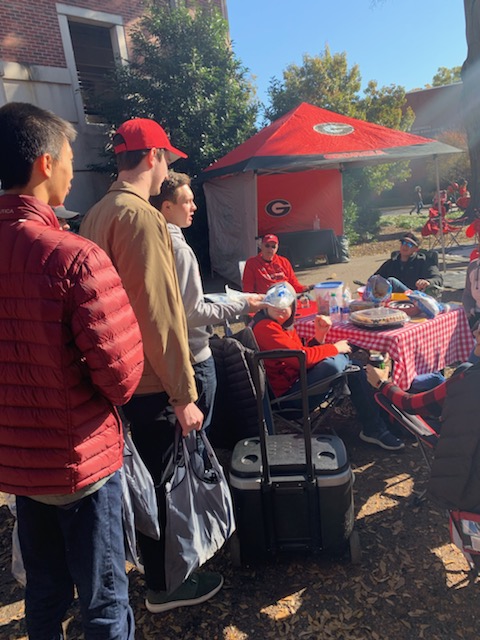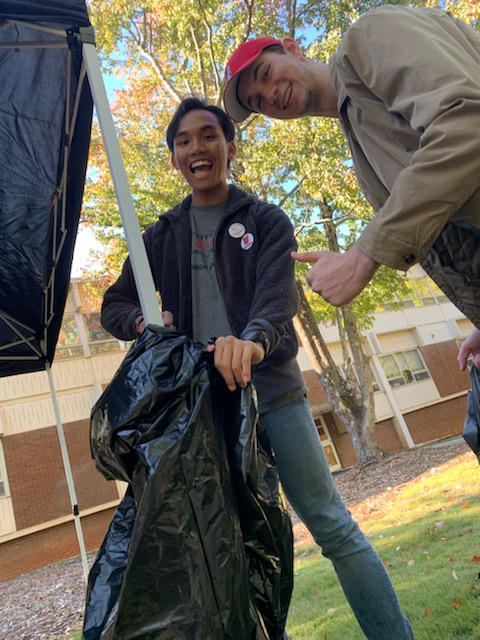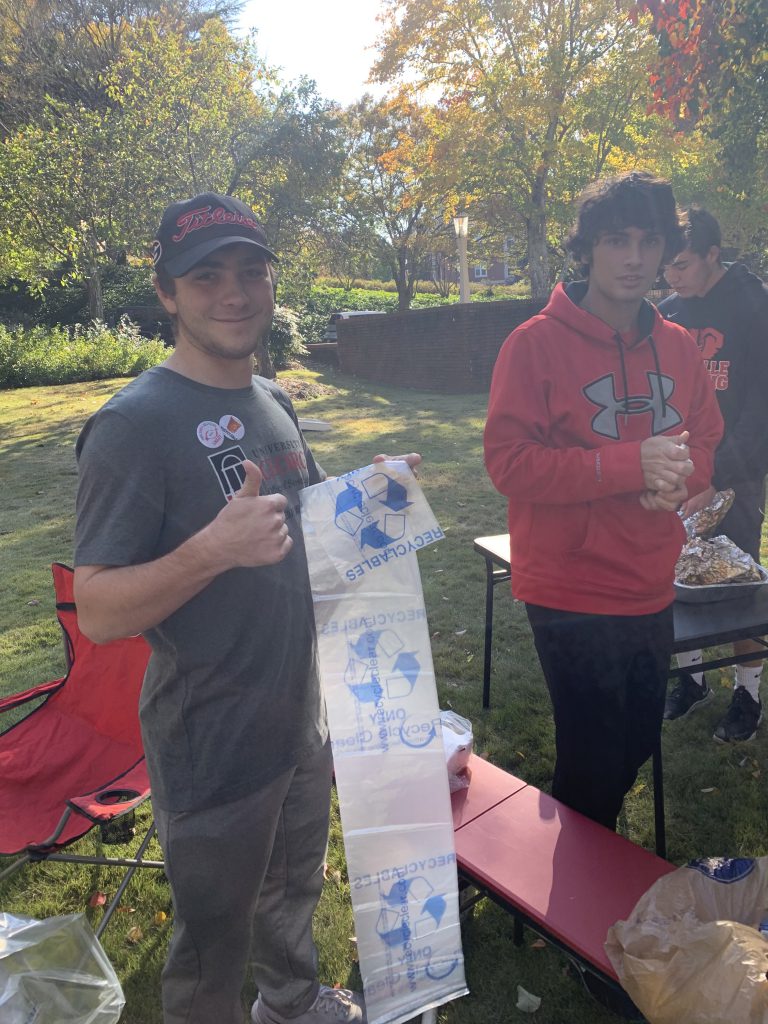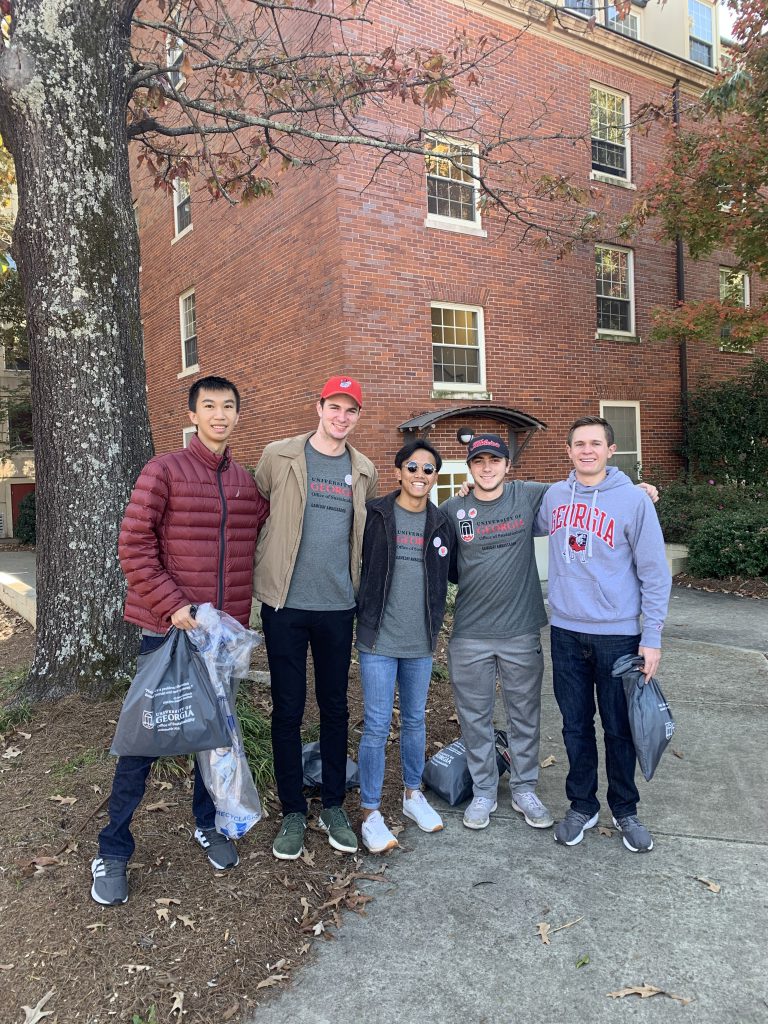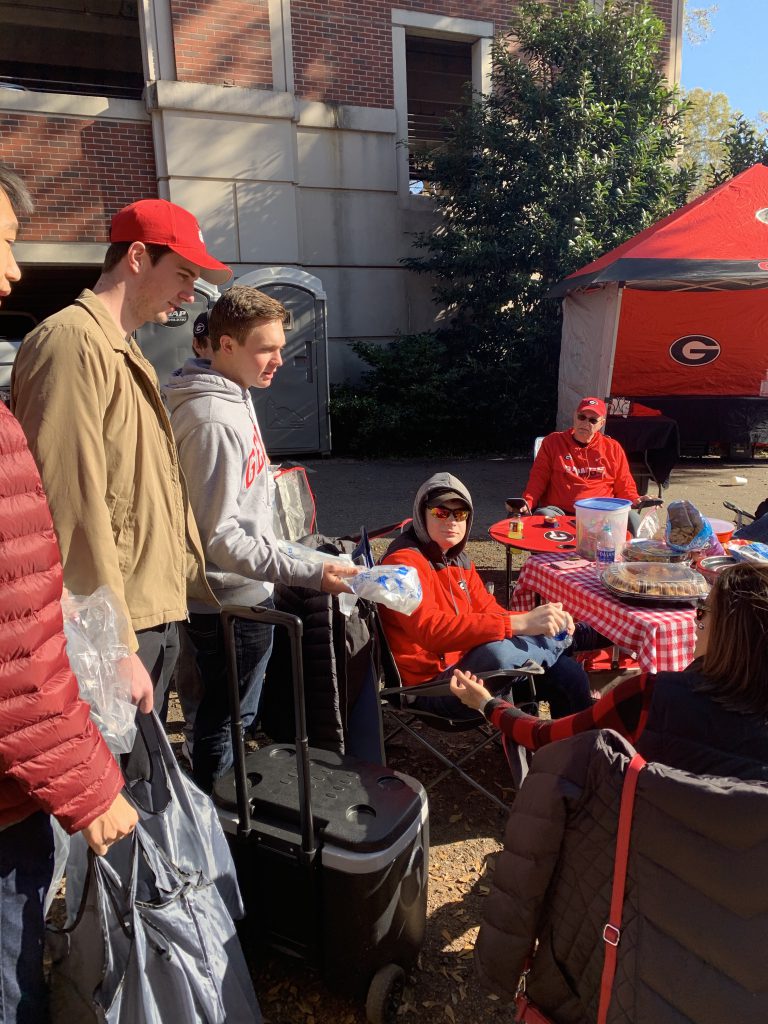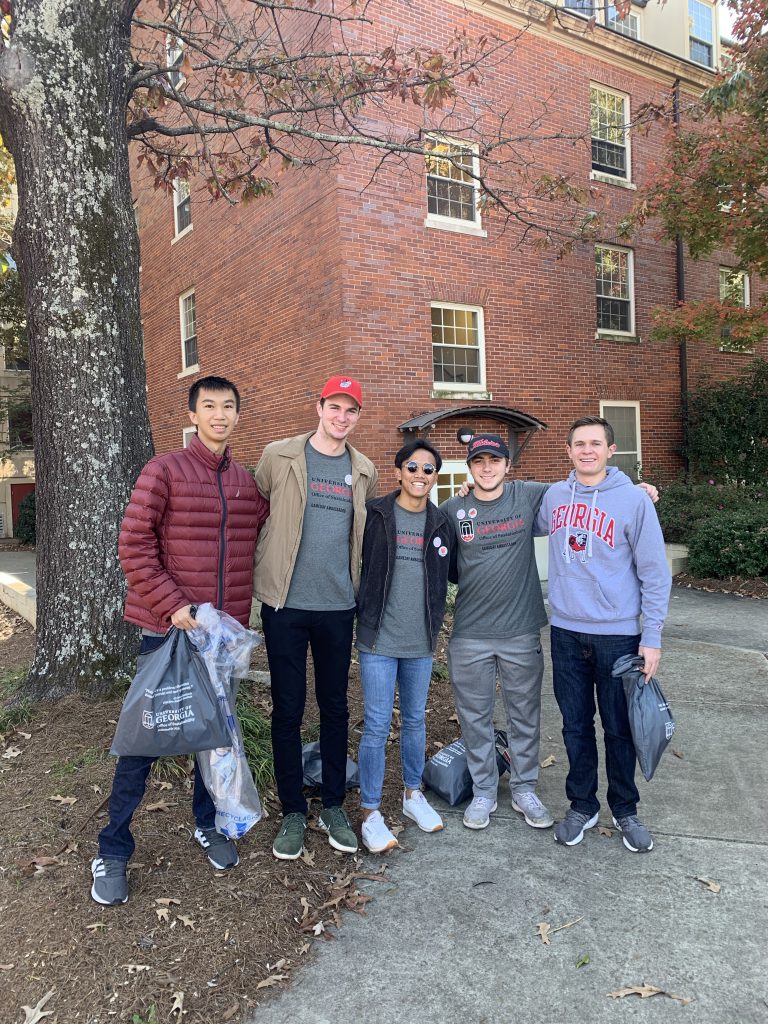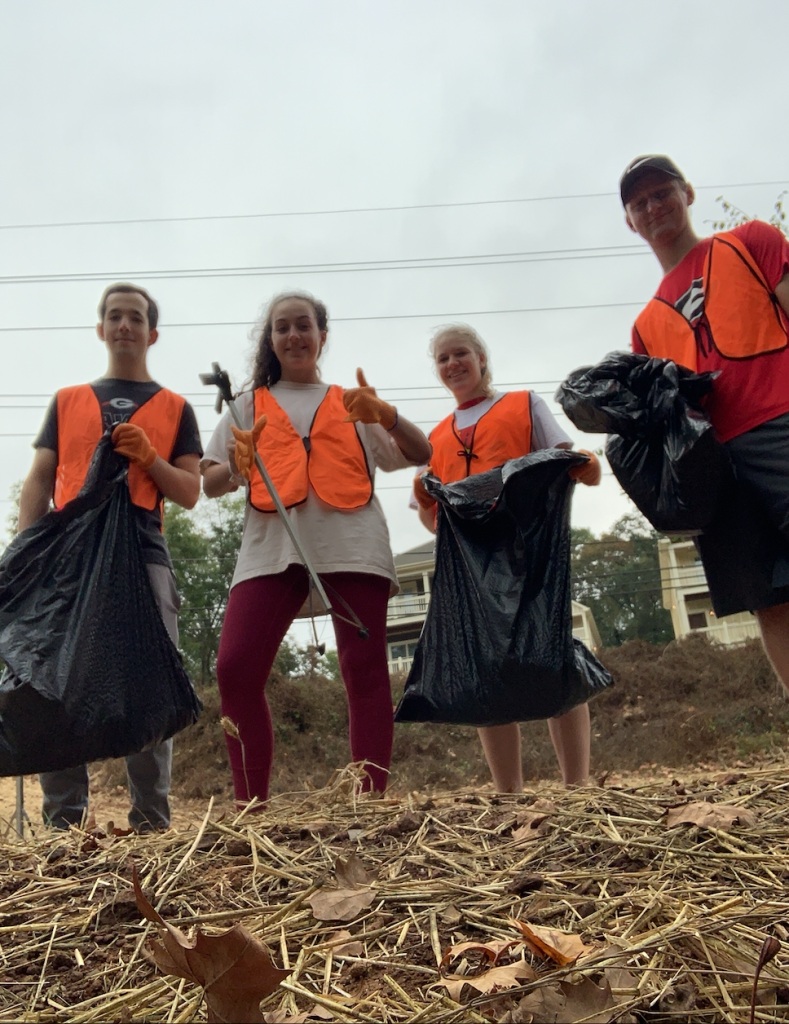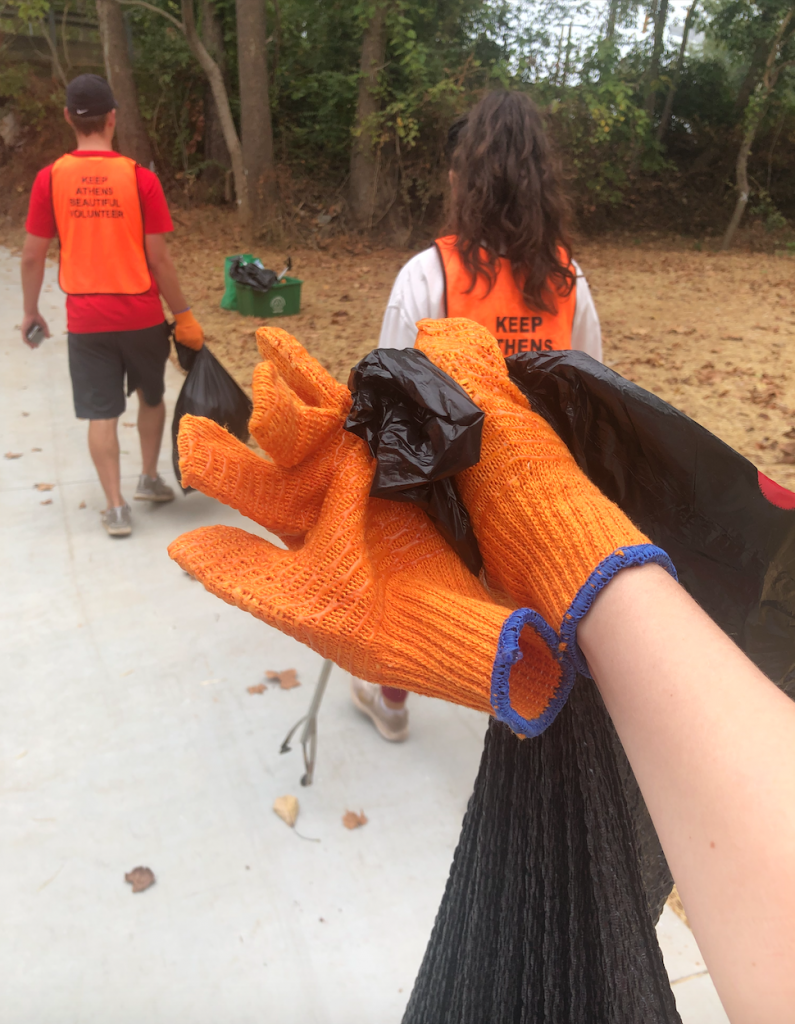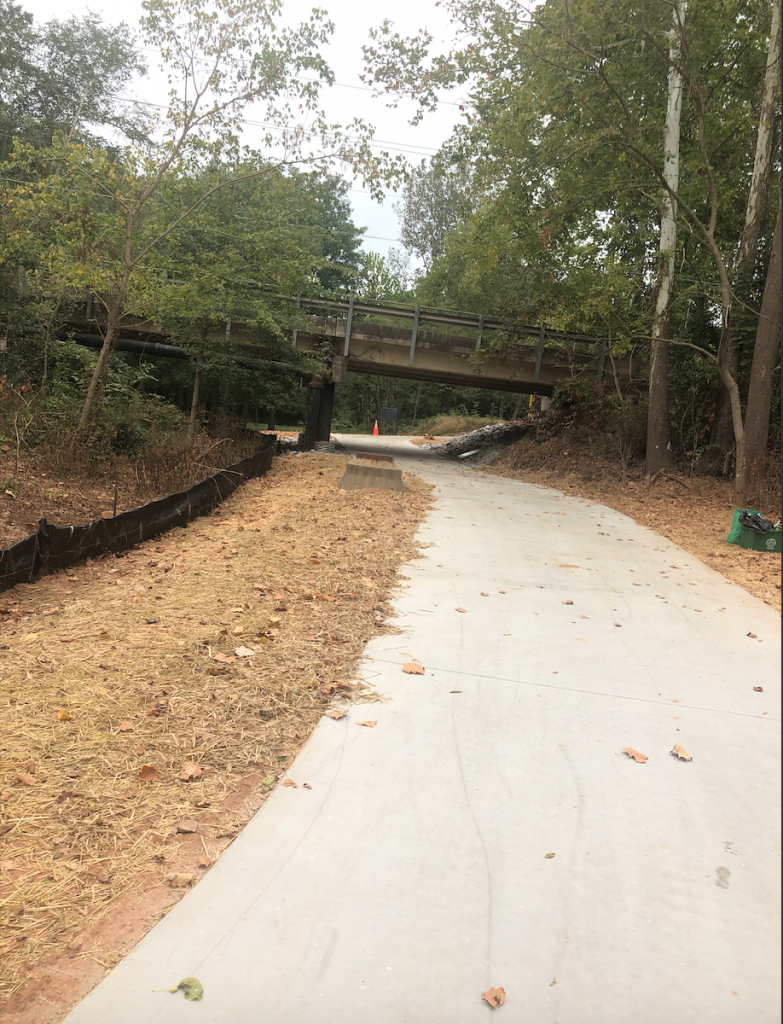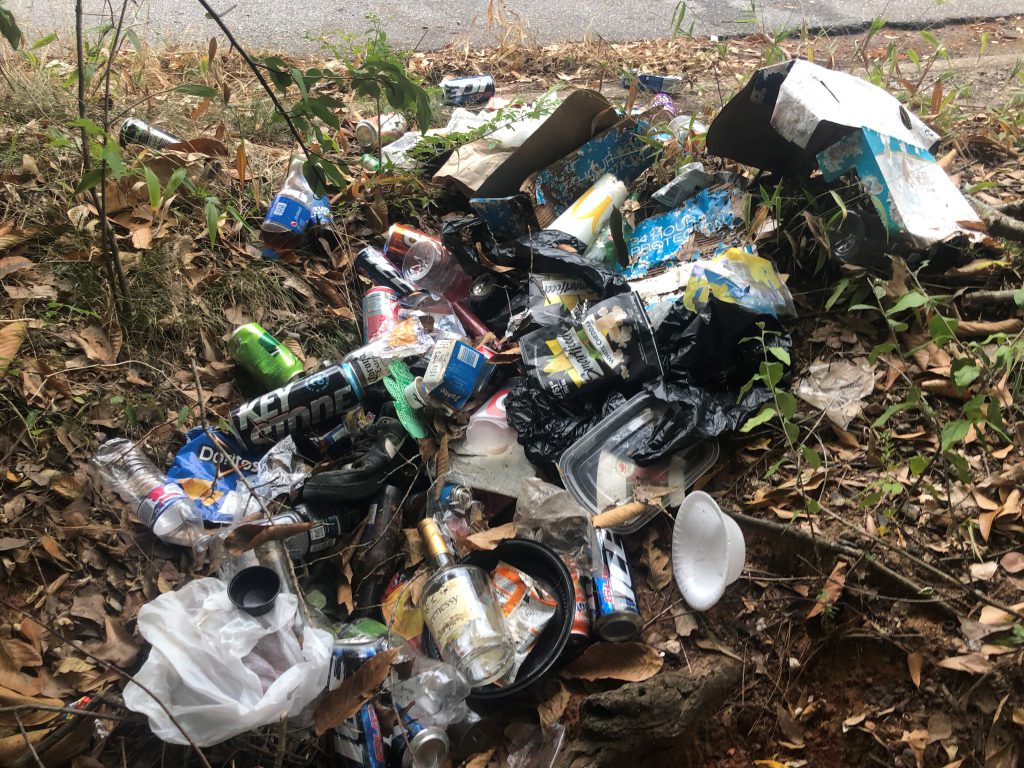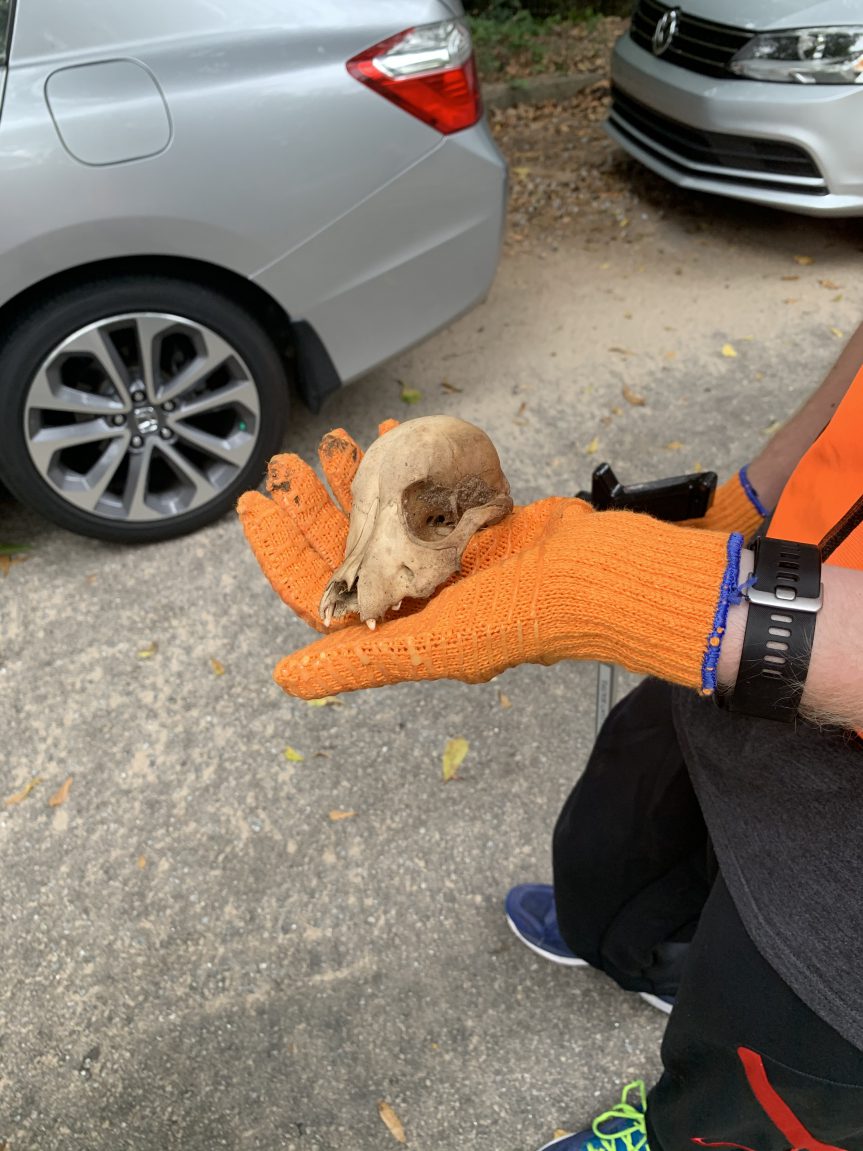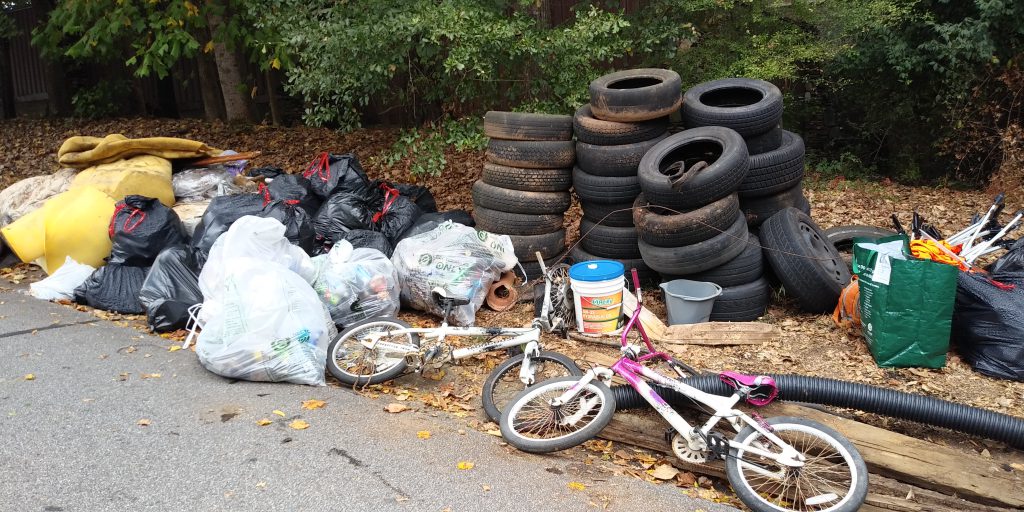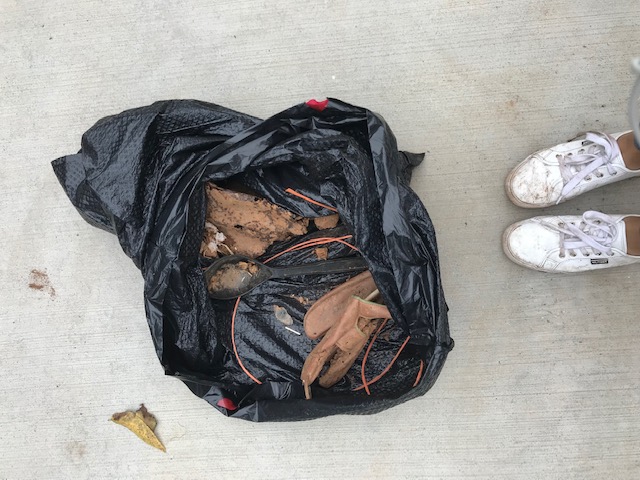Hey guys! This is my post about our Tailgating Service Project. Our table bro gang, Stephen, Nate, David, Will, and I did our project on the Saturday of the Missouri game. We had zero idea what we were doing at all, but we really took matters into our own hands and had a blast. When it comes to waste management information, tailgating gave us the perfect excuse to help educate others about their trash. We were given a ton of cool resources to give out: recycling and trash bags, cards with recycling information, and pins with cute graphics on them! We weren’t given any specific directions, so we just went around to various tents informing people.
Being intellectually stimulating, relevant to the audience, and creative were all things that were sort of in the back of our heads as we presented to people. We didn’t want to come off as just plain and boring activists. While talking to others, we made sure to be welcoming and engaging in order to make sure that people were at least interested by what we had to say. I think the stuff that we were able to give out gave us a creative edge as well.
Especially when getting started, it was a little nerve-racking to actually go out and talk to people. It’s not like we thought the people were going to kill us for going to talk to them, but we had a false feeling that we weren’t going to be received well. Recycling isn’t exactly the most exciting thing to get people riled up about on a game day, unfortunately. After mustering up the courage to talk to one group though, it was much easier to continue talking to others! We eventually learned that a little confidence goes a long way and confidence builds as the ball starts rolling. Our audience actually wanted to listen to us; it was just getting over a mental barrier that kept us from getting going. Analyzing that tailgaters weren’t going to come to us, we had to become more proactive and outgoing.
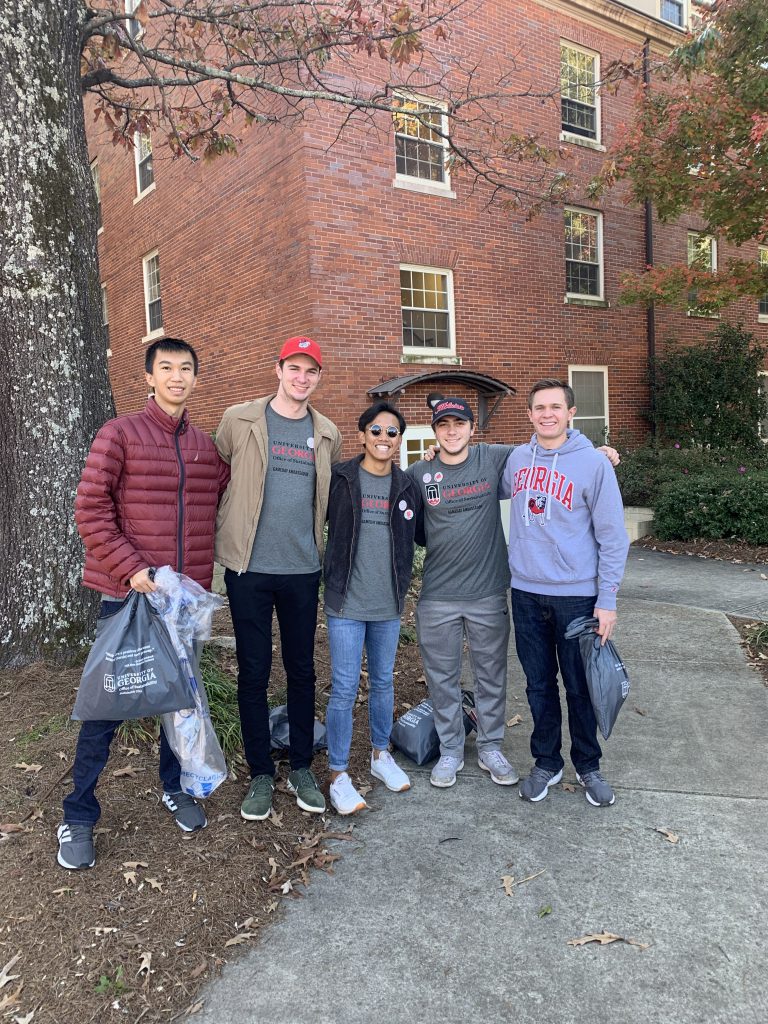
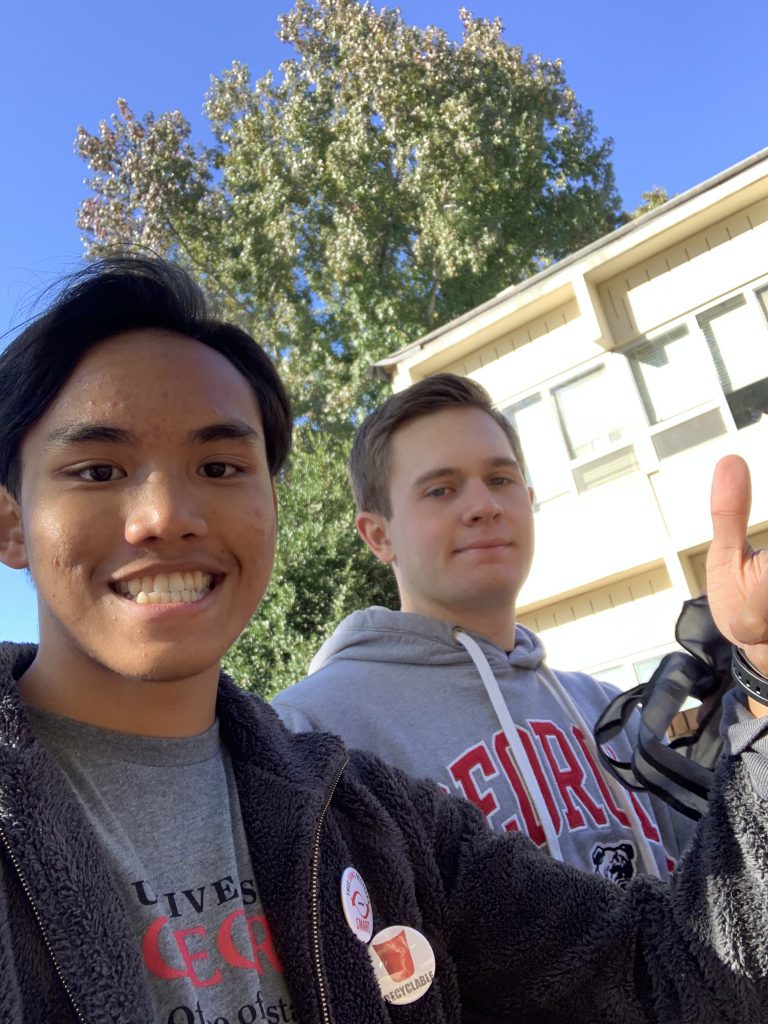
If there was anything that we could do better, it would be that we become more prepared prior. On the front end, we were too preoccupied with how cool all the stuff looked instead of actually preparing what we were going to say. If we did, we probably would’ve had more confidence going into the project.
Doing this project helped me see the actual real-life applications of what I had been learning in class. You always hear all the time about how we should be recycling and various methods to conserve, but when it comes to telling others about that in a nonacademic setting is sometimes awkward but so necessary. If we really want to change the culture surrounding trash and waste, we must become comfortable enough to talk about these issues. Serving in this way aided me in seeing the relevance and importance of the material in our Biology class. I get to see firsthand how the way I dispose of my trash affects my environment and the attitudes of others.
That being said, I really do feel like projects such as these are very effective. The effects of serving and presenting in real life are more far-reaching than one could expect. Not only do we get to live out what we are taught about waste management, but we also pick up valuable communication experience and confidence builders. Despite being mainly environment wired, I can see how this experience can influence my future endeavors in my studies as a Marketing major.

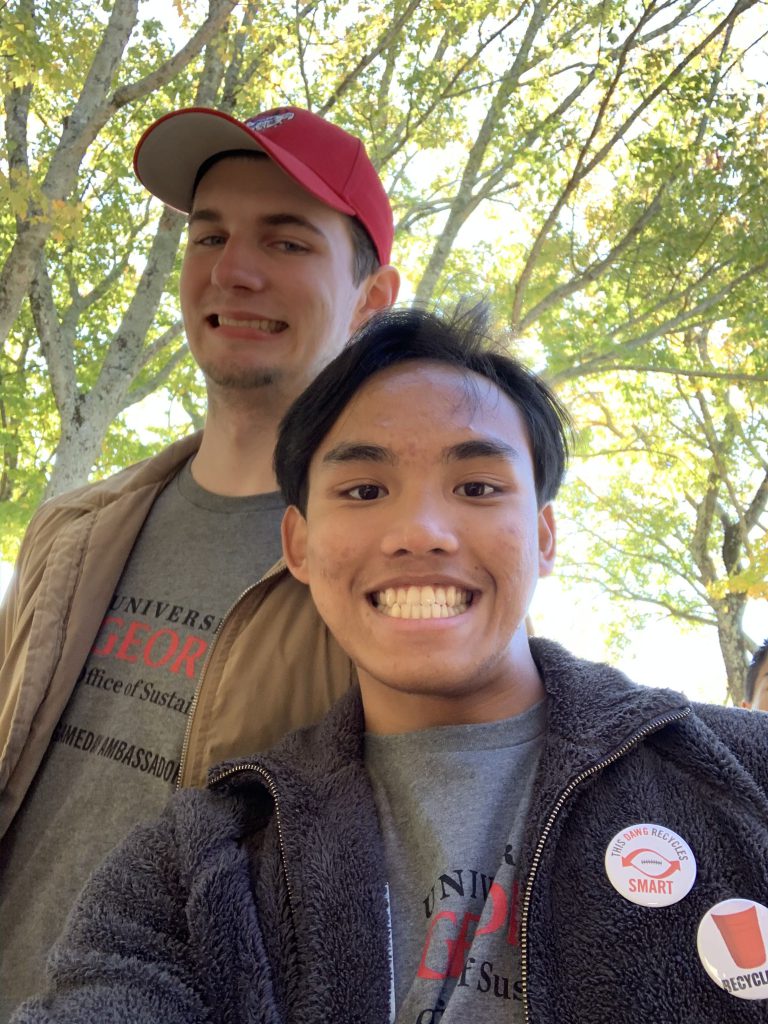
Overall, this project was something that was super cool to serve in and experience. I’ve never been in a class that has emphasized real-world involvement as much as this biology class has, and to be able to do it with some cool friends who share the same initiative as me is so rewarding (have you seen any kids happier about putting up a trash bag than us?). Not only did we get to take the dopest team selfies ever, but we got to do a project that benefits the UGA community as a whole. As a group, we just had a ton of fun serving a greater cause.

